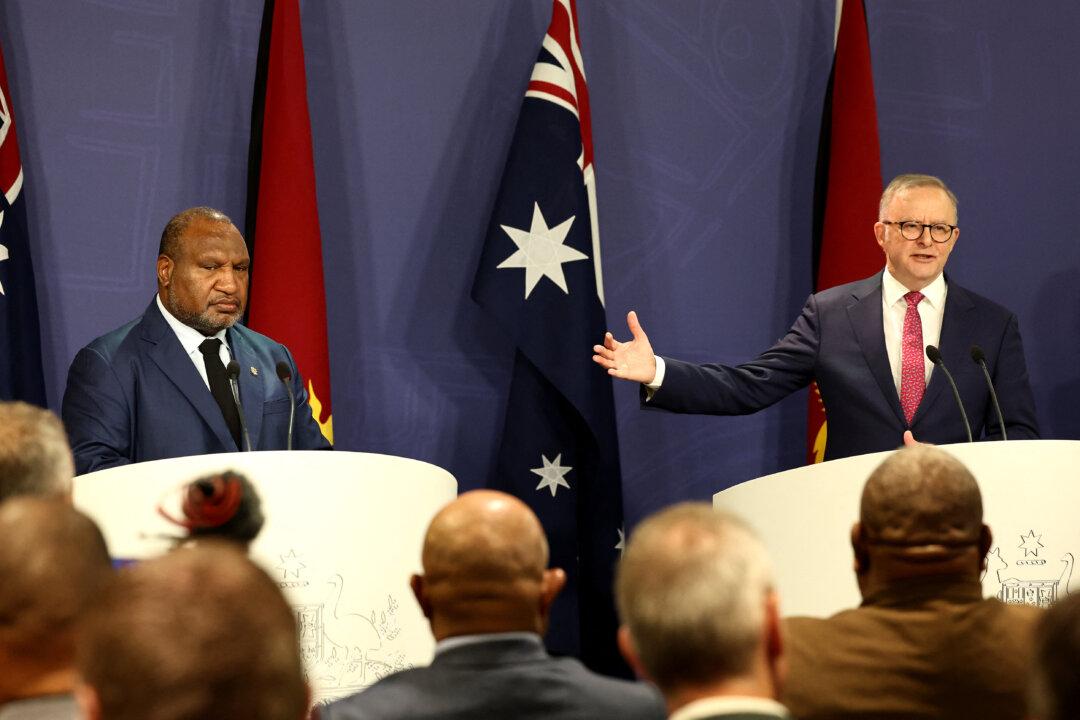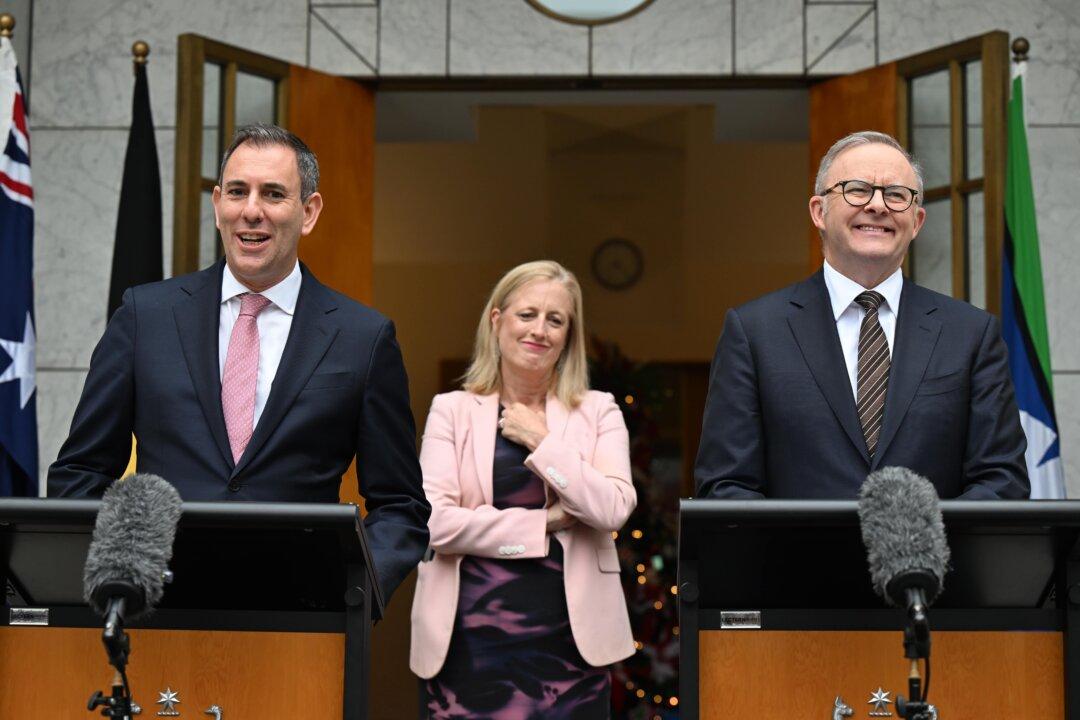A new taskforce will spearhead a global campaign to lure leading talent and businesses to Australia, capitalising on the post-COVID business landscape and Hong Kong’s radically changed legal framework.
Australia’s low virus infection rate, its democratic system, lifestyle, and proximity to Asia, are all expected to be major selling points for overseas companies and individuals.
The Global Business and Talent Attraction Taskforce will be a whole-of-government effort that will work across federal and state governments, as well as the private sector, in order to “turbo-charge” job creation and economic growth, according to a media release from the immigration minister’s office obtained by The Epoch Times.
“Australia has always been an attractive destination for talent and investment, but given our relative success economically, from a health perspective, and socially, we will be even more attractive,” Alan Tudge, the acting minister for immigration, said in the statement.

“We want to capitalise on this and be very focussed on attracting key businesses and global super talent to Australia,” he added. “We will be leveraging our networks abroad, including the Australian diaspora, to help identify opportunities.”
Trade Minister Simon Birmingham said the taskforce will hope to attract new ideas, skills, and technologies that will sustain an evolving economic landscape.
“With one in 10 jobs already supported by foreign direct investment, boosting investment and getting more global businesses to set up shop here will help drive more jobs and opportunities for Australians,” he added.

Kristen Bondietti, trade director at Asia Pacific consultancy ITS Global, welcomed the taskforce announcement, telling The Epoch Times that Australia’s finance industry already had deep expertise in funds management, and international exposure will only help it grow.
“For financial services, access to foreign capital, skills and technology can help to diversify and deepen investments and expand the range of product offerings in the Australian market,” she said.
Questions over Hong Kong’s viability as the region’s premier financial hub have emerged following Beijing’s implementation of its national security law, which effectively undermines the “One Country, Two Systems” legal framework.
Salvatore Babones, associate professor at the University of Sydney, and an expert in the political economy of East Asia, believes that while Australia is a desirable destination for talented individuals, attracting regional headquarters is a different ballgame.

“Australia’s chief advantage is lifestyle, and that is less persuasive for businesses than it is for individuals. When it comes to operating as an Asian business hub, Australia is just too far away,” he told The Epoch Times.
“Many Hong Kong businesspeople feel that even Singapore is too remote to replace Hong Kong as an Asian business hub,” he added.
“If Singapore finds it difficult to attract Hong Kong businesses despite its multilingual environment, rule of law, and status as one of the world’s greatest airlines hubs, Australian cities can’t possibly compete in this game,” Babones added. He argues that Australia should instead focus its efforts on attracting skilled individuals to make their own “distinctive contributions” to the country.
As for other financial hubs, Tokyo was likely to attract mostly Japanese companies’ looking to relocate their Hong Kong operations, while Taipei—the most suitable candidate to replace Hong Kong—would face challenges due to Beijing’s hostility to the democratically-ruled island.

“The most likely outcome is that the concentration of talent that currently resides in Hong Kong will be dispersed, with Singapore, Taipei, Shanghai, Seoul, and Tokyo,” he continued.
Mark Simon, a senior Hong Kong-based media executive, said Australia could carve out a niche and become the “regional legal centre” for the Asia Pacific.
Australia’s Global Business Taskforce will draw on expertise from multiple departments, including the Treasury, the Departments of Foreign Affairs and Trade, Industry, Science, Energy and Resources, Defence, and the Department of Education, Skills and Employment.





